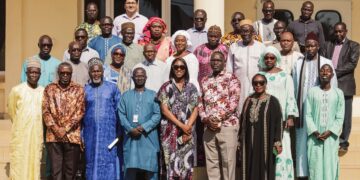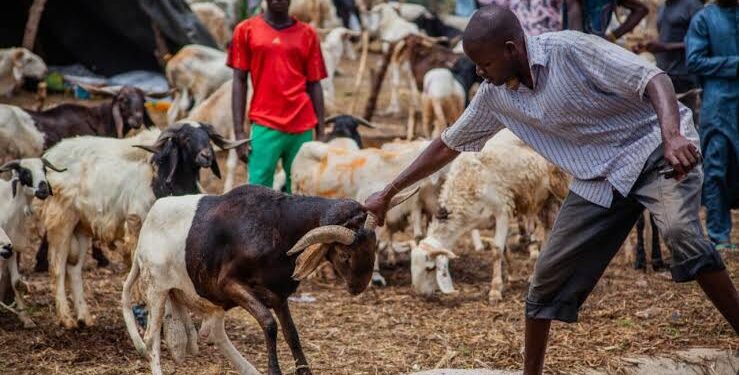Tellingly, Ileya, also known as Eid al-Adha, is one of the holiest celebrations in Islam. It honours the obedience and faith of Prophet Ibrahim (AS), who was willing to sacrifice his son in submission to Allah’s command. For students—whether on campus, at home, or away from family—this sacred occasion can still be marked in meaningful, faith-filled, and joyful ways. Here are 15 practical suggestions tailored to Nigerian and African students:
1. Attend the Eid Prayer Early
Participate in the Eid prayer at a nearby mosque or prayer ground. This act of worship unites the Ummah in gratitude and celebration.
2. Listen to the Khutbah (Sermon)
Stay after the prayer to benefit from the Imam’s khutbah, which typically emphasises sacrifice, righteousness, and community spirit.
3. Join in the Animal Sacrifice (If Possible)
If you or your family can afford it, partake in the Qur’bani (sacrifice) of a ram, cow, or camel. Students who cannot afford one individually can contribute to a group sacrifice through their Muslim Students’ Society or local community.
4. Distribute Meat Generously
Share the sacrificial meat in three portions: one for yourself/family, one for friends/neighbours, and one for the needy. This promotes brotherhood and charity.
5. Cook and Share Special Meals
Even if you can’t afford to sacrifice an animal, you can cook traditional meals—like jollof rice, tuwo shinkafa, amala, or moin-moin—and share with roommates, classmates, or neighbours.
6. Visit the Less Privileged
Spend part of your Ileya visiting orphanages, IDP camps, or local communities to donate food or clothing. This simple act of sadaqah (charity) pleases Allah greatly.
7. Dress Neatly and Modestly
Wear your clean, best clothes while maintaining Islamic modesty. A simple, well-ironed buba and sokoto, abaya, or hijab is honourable and sufficient.
8. Reunite or Connect with Family
If you can’t go home, call or video chat with your parents and siblings. Strengthening family ties is part of our faith.
9. Engage in Dhikr (Remembrance of Allah)
Make frequent use of Takbeer, Tahleel, and Tahmeed during the days of Tashreeq. Recite “Allahu Akbar, La ilaha illa Allah, wa Lillahil-hamd” after each salah.
10. Reflect on the Story of Ibrahim (AS)
Revisit the Qur’anic story of Ibrahim’s (AS) obedience and trust in Allah. Discuss the lessons with peers or reflect on them privately.
11. Avoid Extravagance
Do not be wasteful with food, clothing, or spending. As students, let this be a time to embrace simplicity and thankfulness.
12. Participate in Campus Eid Activities
If you are on campus, join your school’s MSSN (Muslim Students’ Society of Nigeria) or Islamic society for Eid lectures, games, or communal meals.
13. Promote Peaceful Coexistence
Greet non-Muslim friends with kindness, share your food, and explain the meaning of Ileya when asked. It is a subtle but powerful form of dawah.
14. Send Eid Greetings
Send warm “Eid Mubarak” messages via SMS, WhatsApp, or social media. Short prayers or graphics can go a long way in strengthening bonds.
15. Make Special Du’a
Use this time to pray for your studies, your family, your goals, and the Muslim Ummah. The days of Eid are days of answered supplications.
Finally, Ileya is not just about celebration—it is a spiritual exercise in gratitude, obedience, and generosity. Whether you are home or away, may Allah accept your worship, bless your efforts, and count you among His grateful servants. Ameen.
Eid Mubarak to you and yours!



















































































 EduTimes Africa, a product of Education Times Africa, is a magazine publication that aims to lend its support to close the yawning gap in Africa's educational development.
EduTimes Africa, a product of Education Times Africa, is a magazine publication that aims to lend its support to close the yawning gap in Africa's educational development.